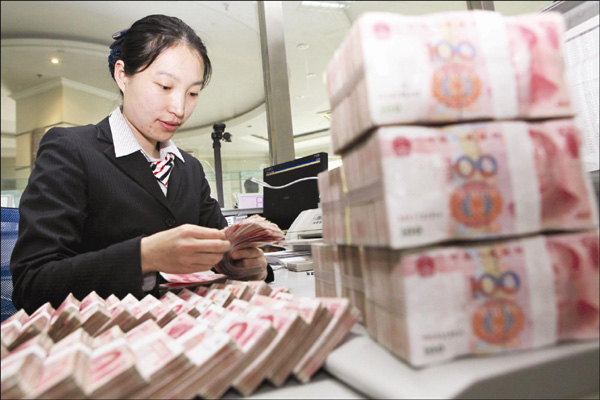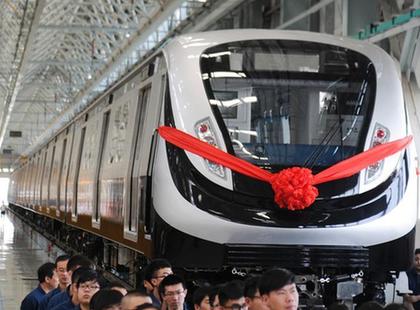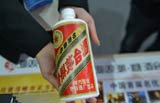IMF changes stance on yuan
By ZHENG YANGPENG (China Daily) Updated: 2015-05-27 07:03
A teller counts money in a bank in Ganyu county, eastern Jiangsu province. The IMF is expected to declare soon that the currency is now fairly valued. [Photo/China Daily]

Multilateral lending agency says currency is 'not undervalued'
The Chinese currency, known as the yuan or renminbi, is "no longer undervalued", the International Monetary Fund said on Tuesday in Beijing, after maintaining for a long time that China's currency was "modestly undervalued".
"While undervaluation of the renminbi was a major factor causing the large imbalances in the past, our assessment now is that the substantial real effective appreciation over the past year has brought the exchange rate to a level that is no longer undervalued," the IMF said in a statement after a visiting team completed consultations with Chinese officials.
The IMF has previously labeled the yuan as "modestly undervalued", despite the currency's gradual appreciation since a landmark 2005 revaluation. The yuan has gained sharply against most non-dollar currencies in recent months. Even against the strong greenback, the yuan rose 0.6 percent in the past 12 months.
Asked to explain the change in evaluation, David Lipton, the first deputy managing director of IMF, stressed that the assessment is based on the present situation and subject to future changes.
"It is a judgment about this moment, and may change in the future," he said. "China's productivity is growing, and probably growing more rapidly than the rest of the world. Every currency has to adjust to the differentials in productivity."
He said despite the yuan's appreciation, China's external position is still moderately stronger (in a reference to China's large trade surplus) than being consistent with medium-term fundamentals. The fact highlights the need for other policy reforms to reduce excess savings and achieve sustained external balance.
"We believe that China should aim to achieve an effective floating exchange rate within two to three years," the statement said.
The comments came as China is lobbying for the yuan to be included in the IMF's Special Drawing Rights basket of reserve currencies before the fund makes a decision in October.
IMF said it welcomes and shares China's objectives and will work closely with the authorities in this regard. The inclusion is not a matter of "if" but "when", Christine Lagarde, managing director of the IMF, has said.
Asked to identify the potential risks for China's economy, Lipton identified the excess in credit and investment, rising nonperforming loans, and lack of corporate governance in the State-owned enterprise sector, which led to irresponsible borrowings, or what economists described as "soft budget restraints".
The IMF urged the government to "break the web of implicit guarantees", which are prevalent throughout the financial system. Though admitting it cannot be done overnight, the process "must start and will involve greater acceptance of defaults and bankruptcies".
The IMF consistently called for the government to level the playing field between State-owned enterprises and private firms. Progress on SOE reforms has been too slow, the fund said.
China should step up fiscal support for its economy if growth dips below 6.5 percent this year, the fund said. The IMF expects China's economic growth to be 6.8 percent this year, before slowing further to 6.25 percent in 2016.
"If incoming data suggest that growth is likely to exceed 7 percent, the authorities should take advantage of the opportunity to reduce vulnerabilities faster," the IMF said. "If instead growth looks set to dip below 6.5 percent, then fiscal policy should be eased."
- A young part-time chauffeur on the road
- Shenzhen looks to move up the ladder
- Govt plans software guideline to protect data
- China to extract value from big data
- Lebanon aims at playing key role in China's Belt and Road Initiative
- Guizhou creates preferred place for start-ups
- China discovers huge oil deposit
- FTSE takes cautious steps to including China-listed shares in benchmark

















